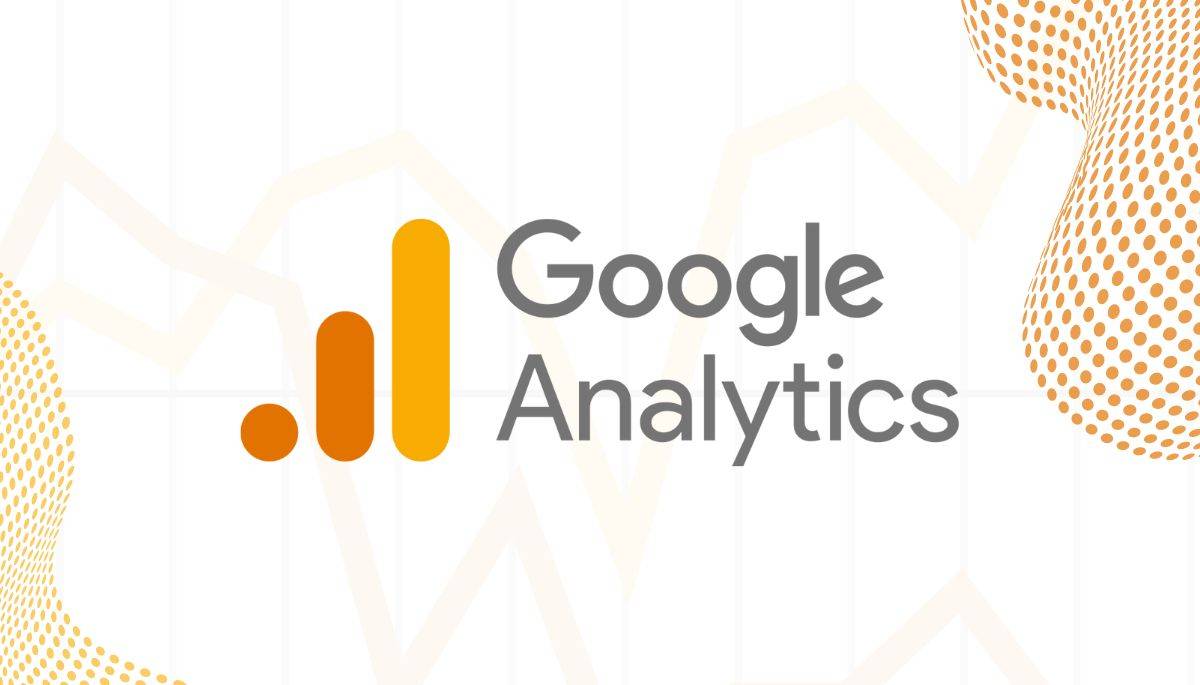
Are you looking to make good lasting impressions on potential customers via digital marketing? In that case, it is essential to frequently evaluate the results of your marketing plan and its specific approaches, conduct cross-comparison, and find the best strategies for the particular requirements of your market and niche.
But how do you get started, and what are some of the core aspects you must always keep an eye on? In this article, we’ll take a close look at essential indicators that help you measure the success of your digital marketing strategy!
Measuring Your Digital Marketing Campaigns
First, you’ll have to set the KPI metrics that will help you evaluate the effectiveness of your digital strategy.
The KPIs, or key performance indicators, are a quantifiable measure of how your marketing strategy performs and whether your business objectives have been achieved effectively. In short, they help you measure its overall performance over time.
When setting KPI metrics to track and monitor, you’ll have to establish specific goals or targets and specify precise timeframes for achieving them. These targets are numerical to accurately measure your performance and evaluate the success of your efforts in quantifiable terms.
Examples of digital marketing KPIs include:
- Web traffic
- Website traffic leads
- Click-through rate (CTR)
- Returning visitors
- Online conversion rates
- Lead conversion rates
- Cost per lead
Let’s talk about essential KPIs for measuring the success of your digital marketing campaign!

Key Website KPIs
Bounce Rate
Not to be confused with the exit rate, the bounce rate is the percentage of visitors who exit (bounce away) from your site after viewing only one page. It works as a signal and a troubleshooting point to find out why visitors are exiting your website too quickly and without performing any action that leads to Conversion. Here are some come common reasons:
- The site loads too slowly
- An error occurred when loading the page
- They didn’t immediately locate the information they were looking for
- They came across relevant content but weren’t motivated to act (lack of suitable or functional CTAs)
If your website doesn’t manage to direct users to a different page for customer conversion, check your Bounce Rate to determine if your marketing strategy works the way you intended it to in the first place.
Website Page Views
One of the best methods of assessing the success of your marketing plan is to look at how many people access your web pages within a given timeframe. This number can help you figure out in real-time whether pages on your website are performing well by attracting a high number of relevant users (eCommerce customers, leads).
Website Session
Google describes a website session as a series of user interactions with a particular website. These interactions may be page views, eCommerce transactions, social media link clicks, CTA clicks, and so on. Keep in mind that a single user can open multiple sessions, and it’s important to track and analyze all of them to determine the effectiveness of your digital marketing strategy.
Website Traffic Statistics
What are the most common metrics companies use to gauge how well their website performs in their market niece? Of course, they use website traffic statistics. After all, your website is a digital customer’s main entry point and your brand’s face, and most of your digital marketing efforts must be focused on driving relevant traffic to it.
Naturally, small-scale digital campaigns may initially aim to build customer lists or expand social media reach. However, the long-term purpose of these activities is to drive more visitors to your website or eCommerce platform. Once you attract meaningful and relevant traffic on your website, you can cut from revenues spent on social media campaigns—this transition can be analyzed and strategized using website traffic statistics.
Key Digital Marketing KPIs
It’s among digital marketing best practices to regularly set, measure, and improve KPIs. These are useful for measuring the success of your digital campaigns and the overall effectiveness of your digital marketing strategy. We’ve listed the most important ones right below!
Impressions
Impressions are a crucial measurement of how your marketing campaigns impact their viewers. In simple terms, impressions measure the number of times a user is shown an advertisement your business runs through Google Ads or paid social media ads (Facebook, Instagram, etc.).
Social Reach
As a KPI, the social reach can provide you with an overall picture of your social media posts’ efficacy and success.
Social Engagement
Social engagement is a KPI that measures the number of interactions you receive on any social media content, whether we’re speaking of shares, clicks, likes, or retweets. Engagement is the most critical metric for evaluating the effectiveness of your social media strategy.
Email Open Rate
If you’re sending out newsletters regularly to increase brand awareness and attract more visitors to your website (and you ought to be), the open rate is among the most important marketing metrics to keep an eye on. We’ve written a separate blog on email marketing and its specific KPIs: check it out!
Click-Through Rate
The Click-through-Rate (CTR) is a KPI utilized in email marketing and paid campaigns. As a rule of thumb, it’s good to know that the clicks generated via newsletters are typically among the most effective conversion drivers all over the world.
Cost per Click
Cost per Click (CPC) applies to pay-per-click marketing and various social media platforms offering the click-to-site ad format. Here’s what Google has to say about it!
Cost Per Conversion
The Cost Per Conversion is directly related to your specific business model and, often, to your particular digital marketing strategy. In brief, it’s a metric used to identify how much it costs a digital advertiser to acquire one real customer (not just a web visitor, but one that makes a purchase).
Final Thoughts
Nowadays, a company’s online presence and digital strategies are more vital than ever. As the online competition keeps growing, you must improve your marketing game and give people a good reason to purchase from you. We hope the KPIs mentioned above provide you with the basic image of what it takes to run a digital marketing strategy and measure its results.
It doesn’t matter if you hire an agency specializing in digital marketing, a freelancer, or if you make your own marketing decisions as a small business owner. It’s always important to find the best way to analyze and evaluate the results of your online marketing plan, which plays a vital role in developing your brand and making it known to potential customers.


